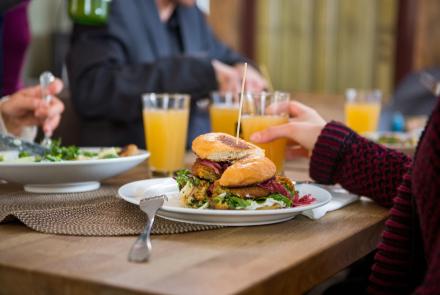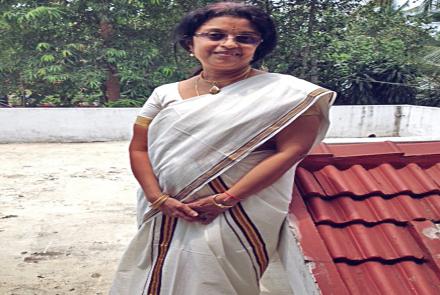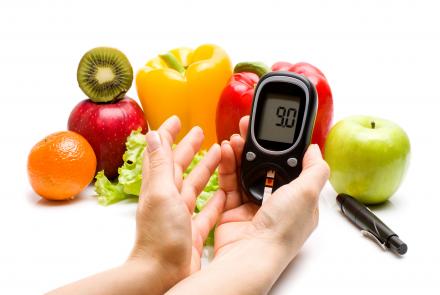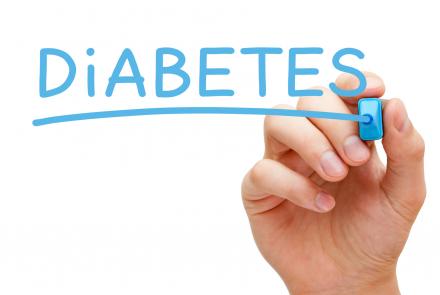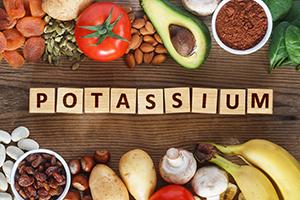
This time in our Health by Numbers/Medical Tests series, Dr Shital Raval takes a look at the importance of Potassium levels in the electrolyte panel.
Read the first part on Sodium Levels
POTASSIUM:
Potassium is both a mineral and electrolyte. It is important for heart, muscle, digestive and nerve functioning. The potassium test is often part of a routine or done to check on the electrolyte balance of the body. The best sources of potassium are:
- Leafy greens such as swiss chard, spinach, etc
- Vegetables such as squash, sweet potatoes, avocados, mushrooms etc
- Grains/beans such as lima beans, kidney beans, lentils, & pinto beans
- Fruits like bananas, papaya, dried apricots, pomegranate seeds etc
- Fish like salmon
- Coconut water
The normal potassium level in the blood is 3.5-5.0 milliEquivalents per liter (mEq/L). The amount of potassium in blood is very small, so even minor changes in this amount can lead to serious health problems.
Low potassium levels:
Lower than normal levels or Hypokalemia may be due to:
- Insufficient potassium in the diet
- Gastrointestinal disorders or chronic vomiting or diarrhea.
- Medications such as diuretics, corticosteroids, certain antibiotics and antifungals. Excessive use of laxatives or overdose of acetaminophen.
- Folate deficiency
- Diabetes
- Excessive sweating
- Chronic kidney disease
- Increased production of aldosterone hormone.
- Cushing syndrome, where there is increased production of cortisol hormone.
*Blood potassium level of less than 2.5mmol/l requires urgent medical treatment.
High potassium levels :
Higher than normal levels or Hyperkalemia may be due to:
- A high potassium diet or intake of potassium supplements.
- Red blood cell loss following a severe injury or burns.
- After a blood transfusion.
- Acute or chronic kidney failure.
- Addison’s disease (adrenal gland failure).
- Breakdown of muscle fibers due to alcohol or drug abuse.
- Type 1 Diabetes
- Certain medications such as NSAIDs (nonsteroidal anti-inflammatory drugs), beta-blockers, ACE inhibitors, angiotensin II receptor blockers and diuretics.
*Blood potassium level of more than 7.0mmol/l requires urgent medical treatment.
Related Recommended Reading: Diet for Chronic Kidney Disease





